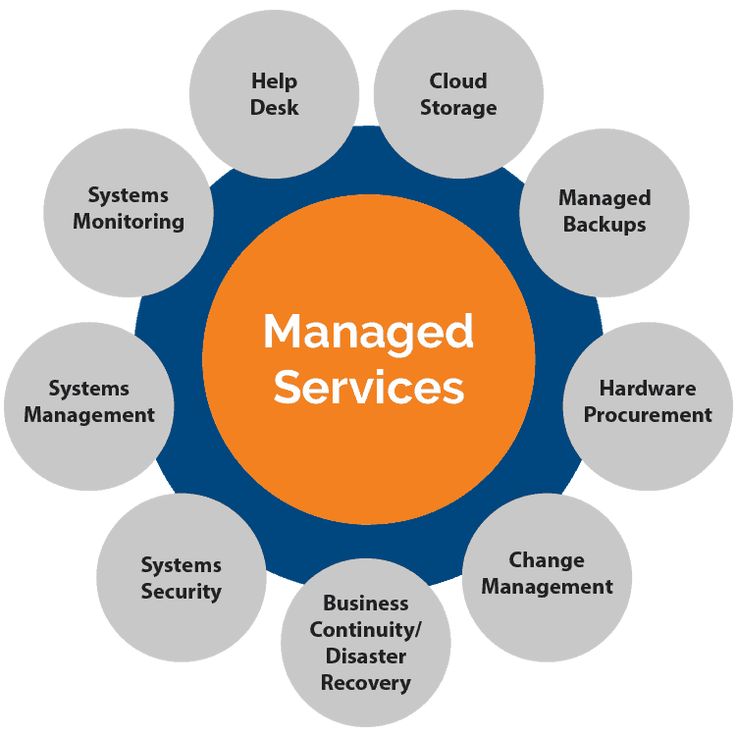
An environment consultant is a career that involves professionals in creating, analysing, and enforcing policies that reduce the environmental impact of government, industrial, or commercial initiatives. Environmental consultants are also involved in the formulation and implementation of laws and regulations that govern the industry. They are responsible for identifying, analyzing and recommending solutions to pollution problems.
Consultants in Environmental Management assist with the formulation, analysis, implementation, and enforcement government policies to reduce adverse environmental effects of industrial, commercial, and government actions
An environmental consultant can do a lot of work. Their responsibilities may include the analysis and creation of government policies to minimize the impact of industrial, commercial and government initiatives on the environment. They might also be required to conduct field studies or analyze scientific data. Experience in the field is crucial, as are communication skills and management skills. Most environmental consultants work in small firms that offer a niche or specialize in a certain service. They can also work for government agencies, monitoring environmental conditions and ensuring compliance with regulations.
To provide clients with comprehensive advice, environmental consultants often combine their industry experience with regulatory expertise to offer a unique combination of scientific knowledge and industry experience. They offer information on environmental concerns, analyze management systems and policies, and monitor the environmental pollution in client organizations.
Environmental consulting branches
Consulting in environmental matters is often part of compliance consulting. This ensures that the client meets all regulations. A consultant in environmental consulting helps clients to devise and implement strategies to achieve their goals. These consultants help clients identify and implement ways to reduce their environmental footprint, and they also help clients improve their business practices.

Environmental engineering can include many different disciplines, from groundwater sampling to wastewater plant construction and operation. It can also include energy conservation, improving mining operations, and other related activities. An environmental engineer could also work for government agencies to help create legislation and environmental regulations. The professional in this field must be able communicate with many people and have excellent interpersonal skills.
Common educational background
A background in environmental science is necessary for anyone who wants to become an environmental consultant. This field of study covers a variety of core scientific disciplines, including biology, chemistry, geology, physics, and physics. To improve their technical skills, many environmental consultants take engineering courses. There are many educational options for this profession, but a strong background is required in environmental science.
Many environmental consultants assist clients in permitting and provide guidance on environmental matters. They might also manage employees who are involved with environmental projects. To provide sound advice to clients, environmental consultants need to be able read and comprehend scientific reports and studies.
Work-life balance requirements
Work-life balance is essential in a field like environment consulting. Environmentists often have to work extra hours. However, they must ensure that they take care of their health and mental well-being to avoid burnout, which can be extremely damaging to the sector. Cynicism and burnout can lead to cynicism. Cynics are not the best changemakers. An environmentalist must evaluate their values and determine the amount of time they can spend on their work to attain a work/life balance.
Talent management strategies increasingly incorporate work-life harmony. It is a benefit for both the company and the employee, especially those who are juggling multiple jobs. Companies that encourage work-life harmony are more likely to be financially successful and to have fewer absenteeism. Flexibility in work hours and telecommuting can help you achieve a healthy balance between work and life.

Profitability in the field
The lucrative industry of environmental consulting offers companies and organizations advice and assistance on a range of environmental issues. Tetra Tech and Veolia North America are the largest US-based companies involved in this area. This industry generates around $135 million in annual revenue. According to recent estimates, this industry will hit its peak revenue by 2021. China and Asia-Pacific are expected for strong growth.
Businesses can also benefit from the services of environmental consultants to avoid problems with regulators. They can also help businesses become leaders in the environmental responsibility field, which can generate new sales and marketing opportunities. They can also help companies present themselves as being positive to consumers. This is vital because customers are increasingly inclined to buy products and/or services that have the minimum impact on the natural environment.
FAQ
What is the difference between a consultant and an advisor?
A consultant provides advice on a topic. A consultant offers solutions to problems.
To help clients achieve their goals, a consultant works directly with them. Clients are referred to advisors through books, magazines and lectures.
Consulting is it a job?
Consulting is not only a good entry-level job for people looking to make quick money.
Consulting offers many opportunities in project management as well as business development, strategy and training. You could find yourself working with small start-ups and large international corporations.
Consulting allows you to learn and improve your skills while also gaining experience in many industries. This could mean learning to manage teams, negotiate contracts, write proposals, manage budgets, analyze data, create presentations, conduct market research, and much more!
How long does it usually take to become an expert consultant?
The amount of time needed depends on your industry and background. Most people start out with a few months before they find work.
However, consultants can spend many years learning before they are able to find work.
Statistics
- According to IBISWorld, revenues in the consulting industry will exceed $261 billion in 2020. (nerdwallet.com)
- Over 62% of consultants were dissatisfied with their former jobs before starting their consulting business. (consultingsuccess.com)
- My 10 years of experience and 6-step program have helped over 20 clients boost their sales by an average of 33% in 6 months. (consultingsuccess.com)
- Over 50% of consultants get their first consulting client through a referral from their network. (consultingsuccess.com)
- "From there, I told them my rates were going up 25%, this is the new hourly rate, and every single one of them said 'done, fine.' (nerdwallet.com)
External Links
How To
What does a typical consultant's day look like?
A typical day will vary depending on the type of work you are undertaking. You'll spend your time researching new ideas and meeting clients.
You'll often have meetings with clients where you can discuss issues and solve problems. These meetings may be over the phone via email, on-line, or face-to–face.
Also, proposals are documents that outline your ideas or plans for clients. Before presenting these proposals to clients, you will usually need to discuss them with a colleague or mentor.
After all the planning and preparation you will have to put your efforts into creating some content. For example, you could be writing articles, designing websites, creating videos, editing photos, or conducting interviews.
You may need to conduct research depending on the scope of your project to find relevant statistics and figures. For instance, you might want to find out how many people you have and if they are buying more than just one product or service.
After gathering enough information, you can present your findings to clients. You can either present your findings in writing or orally.
After the initial consultation, it is important to follow up with clients. For example, you might call them periodically to see how things are going or send emails asking them to confirm that they received your proposal.
This is a long process that can take some time. However, it is crucial to stay focused and to maintain good relationships.